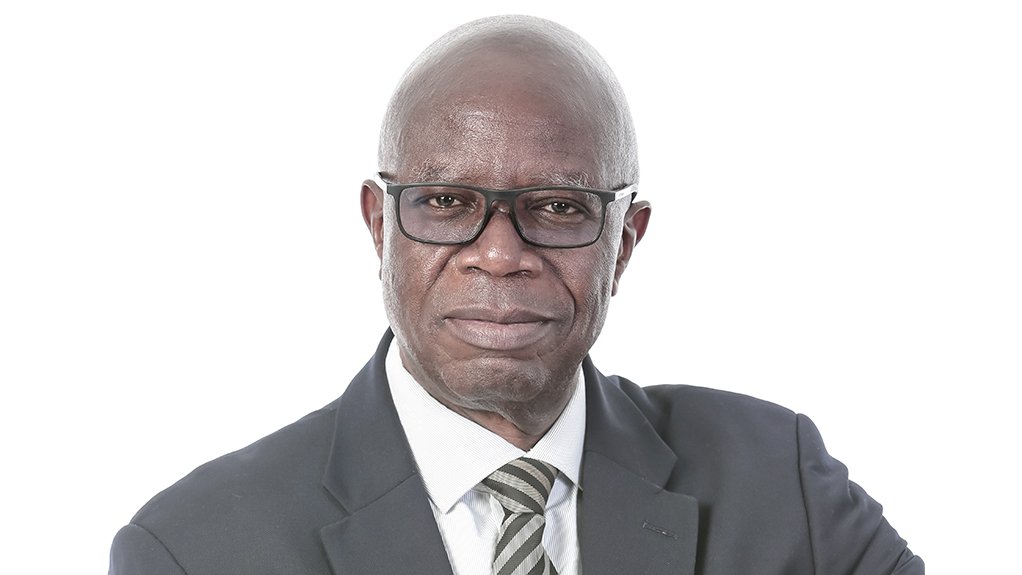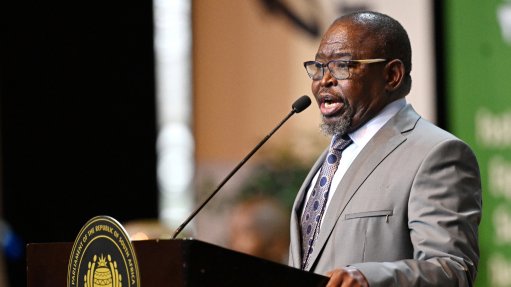South Africa’s airspace safety failures are an economic disaster
Airlines Association of Southern Africa (AASA) CEO Aaron Munetsi has called out South Africa for its safety failures and operational inefficiencies in the sphere of aviation. He was addressing the fifty-fifth AASA annual general assembly, in Lusaka, Zambia.
He cited the continuing suspension of more than 200 instrument flight procedures by South Africa’s air traffic management agency, Air Traffic and Navigation Services. This was continuing to disrupt airline operations and was costing airlines millions of dollars, as a result of extra fuel burn, increased wear on engines and concomitant increased maintenance, additional crew flight duty and flight operations support, as well as providing customer compensation and the suffering of reputational damage.
“The failure to design, manage and maintain airspace cannot be dismissed as an ‘inconvenience',” he stressed. “It needs to be seen for what it is; an economic disaster which demands a commensurate emergency disaster response. The lack of urgency is reflected in the glacial pace at which approval renewals are being processed.”
This lack of urgency suggested that the scale of the economic damage had not been fully grasped.
But Africa as a whole had to address key issues that were holding back the continent’s commercial aviation sector, and thereby also Africa’s economic development.
“For too long, African aviation has been underestimated – especially by ourselves,” he lamented. “Africa is home to 1.4-billion people, the world’s youngest population and a growing middle class, but with just 2.2% of global air transport market share, we are still idling on the runway.”
AASA is proposing a strategy, with six elements, to liberate and strengthen the continent’s air transport sector. One element is the ending, by African governments, of archaic protectionist processes and practices that restrict the growth of the industry. This includes cutting excessive charges and taxes on aviation.
Further, African countries have to harmonise their standards and safety oversight, mutually recognise their licensing and certification documents (something the EU achieved in the 1990s), improve efficiency, and support the implementation of the Single African Air Transport Market. Regarding State-owned airlines, these have to be run in an accountable manner, with cost discipline, and with innovation and partnerships to ensure their improved financial performance. African countries also have to invest in the development of the skills needed by the industry, using this as a means to empower women, youth and innovators and achieve inclusion.
Another element in the strategy is the need to ensure environmental sustainability. African countries should be making it easier to invest in the local production of sustainable aviation fuels. And their aviation support infrastructure should improve operational procedures to reduce airliner fuel burn and carbon emissions.
“Aviation is not a luxury – it’s an economic lifeline,” he highlighted. “If governments genuinely want to democratise air transport they should remove excessive statutory charges and taxes that have driven up costs, made ticket prices higher and pushed air transport beyond the reach of most Africans. Economically restricting access to air transport in this way undermines countries’ competitiveness.”
African airlines are not exempt from the global shortage in the supply of new aircraft and spare parts, caused by problems in the manufacturers’ supply chains. This forces African carriers to keep older (and so less efficient) airliners in service longer than desired. This will increase the costs born by the continent’s airlines by more than $220-million, just for this year.
“African aviation’s success depends on collaboration and shared responsibility,” concluded Munetsi. “It’s time to stop talking and start improving. Only by working together can we ensure Africa’s aviation sector finally takes off and becomes far more than a two-percent player in the global market.”
Article Enquiry
Email Article
Save Article
Feedback
To advertise email advertising@creamermedia.co.za or click here
Press Office
Announcements
What's On
Subscribe to improve your user experience...
Option 1 (equivalent of R125 a month):
Receive a weekly copy of Creamer Media's Engineering News & Mining Weekly magazine
(print copy for those in South Africa and e-magazine for those outside of South Africa)
Receive daily email newsletters
Access to full search results
Access archive of magazine back copies
Access to Projects in Progress
Access to ONE Research Report of your choice in PDF format
Option 2 (equivalent of R375 a month):
All benefits from Option 1
PLUS
Access to Creamer Media's Research Channel Africa for ALL Research Reports, in PDF format, on various industrial and mining sectors
including Electricity; Water; Energy Transition; Hydrogen; Roads, Rail and Ports; Coal; Gold; Platinum; Battery Metals; etc.
Already a subscriber?
Forgotten your password?
Receive weekly copy of Creamer Media's Engineering News & Mining Weekly magazine (print copy for those in South Africa and e-magazine for those outside of South Africa)
➕
Recieve daily email newsletters
➕
Access to full search results
➕
Access archive of magazine back copies
➕
Access to Projects in Progress
➕
Access to ONE Research Report of your choice in PDF format
RESEARCH CHANNEL AFRICA
R4500 (equivalent of R375 a month)
SUBSCRIBEAll benefits from Option 1
➕
Access to Creamer Media's Research Channel Africa for ALL Research Reports on various industrial and mining sectors, in PDF format, including on:
Electricity
➕
Water
➕
Energy Transition
➕
Hydrogen
➕
Roads, Rail and Ports
➕
Coal
➕
Gold
➕
Platinum
➕
Battery Metals
➕
etc.
Receive all benefits from Option 1 or Option 2 delivered to numerous people at your company
➕
Multiple User names and Passwords for simultaneous log-ins
➕
Intranet integration access to all in your organisation





















